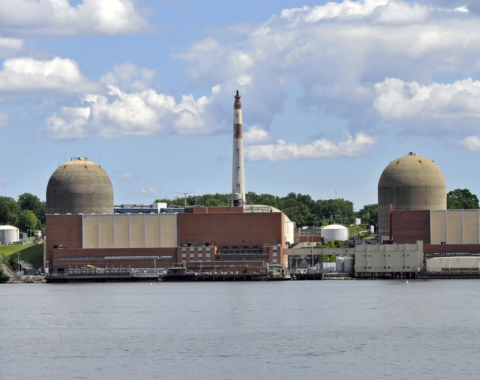New Jersey lawmakers have revived a bill to raise electric rates in New Jersey to help two of the state’s nuclear power plants, Salem and Hope Creek, remain operational for the next couple of decades.
This bill is identical to the one discussed during the waning days of Governor Christie’s administration and finally dropped amid in-fighting between Senate President Stephen Sweeney and then-Assembly Speaker Vincent Prieto. Sweeney went on to accuse Governor “elect” Phil Murphy, who had not yet taken office, of asking Prieto to block the measure.
A spokesman for the current Governor Phil Murphy did not respond to questions about whether the governor would support this bill, either in its current form or with changes. However, the measure has been posted for a vote in the Senate Environment and Energy Committee on Thursday.
If approved, the legislation would authorize a surcharge on Public Service Electric & Gas (PSEG) bills that would cost the typical household about $3 a month. N.J. Senator Sweeney pointed out that under this bill, S-877, PSEG wouldn’t get any money unless it opens up its books and can prove to the state regulators that a subsidy is necessary to keep its plants afloat. He went on to explain that his bill creates a review — to determine whether a subsidy is needed or not, with no guarantee or automatic anything.
New Jersey gets roughly a third of its electricity from its nuclear plants, which have faced economic challenges from units powered with cheap natural gas. Utility representatives and sympathetic lawmakers said closing the plants would force New Jersey to rely more on fossil fuels blamed for global warming, harm the state’s economy., and ultimately costing households and businesses much more than leaving these plants operating.



